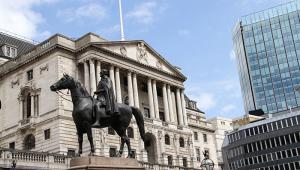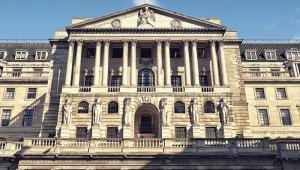In a speech in London, Carney said it was clear there had been insufficient progress across three economic indicators to warrant increasing interest rates. These included forecasts that growth would outstrip estimates of spare capacity in the economy and evidence that increasing growing cost pressures would lead the consumer prices index measure to its 2% target in around two years’ time.
“The world is weaker and UK growth has slowed. Due to the oil price collapse, inflation has fallen further and will likely remain very low for longer,” he said.
“This may mean modestly weaker cost growth through this year, with the likely path for inflation, both headline and core, softer as a result. In short, recent developments suggest that the firming in inflationary pressure we had expected will take longer to materialise.”
Adding that “now is not yet the time to raise interest rates”, Carney set out his expectation that rates would increase from the current historic low of 0.5% “only gradually and to a limited extent compared to the pre-crisis era”.
He added: “The journey to monetary policy normalisation is still young.”
In his speech at Queen Mary University, the governor also highlighted the scale of the UK’s fiscal consolidation – the largest in the OECD – with the structural deficit projected to decline by around 1 percentage point a year on average over the next four years.
This is in contrast to the United States, which has already increased rates, he noted. US fiscal policy is expected to loosen notably over next three years.
The public sector balance sheet in the UK “remains stretched”, he added, and global risks such as the slowdown in China and fragilities in other major emerging market economies represented ongoing challenges.
“Global difficulties are likely to continue to suppress world demand relative to our expectations in August. In addition, possible spillovers to domestic demand via wealth and cost of capital channels bear close monitoring.”





















